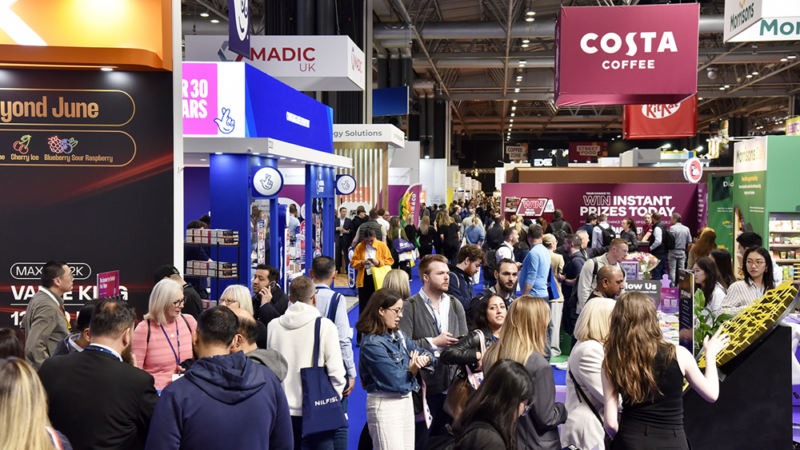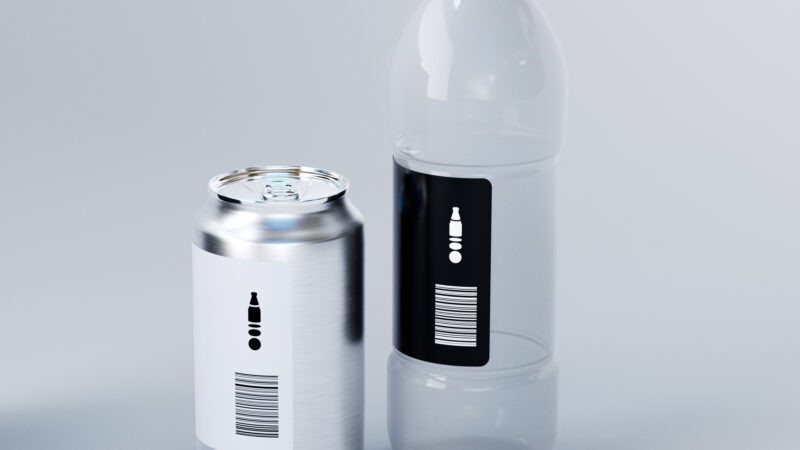Pump prices will remain high in NI for some time: Consumer Council

Pump prices are expected to remain high at least for some time, despite the cut on fuel duty, according to the Consumer Council.
Diesel was sitting at an average of £1.76.2p on Thursday — 2p higher than a week ago — while petrol was an average of £1.65.1, again 2p higher than last week, according to the latest figures from the Consumer Council’s weekly fuel price checker.
Some reports revealed prices actually increased between the time of the Chancellor’s announcement and later that evening.
Richard Williams, head of transport policy at the Consumer Council, said it would expect retailers to pass the cut on as soon as possible but costs will still remain high regardless of the duty reduction.
He said: “The Consumer Council tracks forecourt prices across Northern Ireland on a weekly basis and we expect that all retailers will have passed on the reduction when we next publish our price checker on March 31, and will raise it as an issue if we have the evidence that it has not.
“However, global wholesale oil prices are very high, and are rising again, so unfortunately, even with the fuel duty reduction, we expect pump prices in Northern Ireland to remain high for some time.”
He said factors influencing prices at the pumps and variations across Northern Ireland include “when the fuel was purchased by the retailer, how much they purchased at a certain price and the business model of the station which may discount fuel to get customers into the shop”.
Tesco is one retailer that has already passed on the duty cut. It said it has increased the cut by 1p, offering drivers 6p off per litre, with new prices rolled out across its sites yesterday evening.
But other retailers are still selling at the higher rate. The Petrol Retailers Association (PRA) says consumers here won’t feel the cut immediately unless the Chancellor backdates his offering.
At best, we will see changes, if only slight, at the end of the month, according to PRA director Gordon Balmer.
Mr Balmer criticised the reduction, saying it is not comprehensive enough to reduce the burden on motorists.
He added: “Other European countries have gone further. For example, Ireland has cut duty by 17p, leaving our members in Northern Ireland at a competitive disadvantage as they are unable to compete with prices across the border.”
Mr Balmer said oil prices have also risen, dampening the 5p cut. Yesterday, Brent Crude rose by $6 a barrel.
“Retailers still need to deplete their petrol and diesel stocks purchased before the duty cut, meaning that motorists won’t see a price change at the pumps immediately unless the government backdates the duty cut to March 1,” he said.






